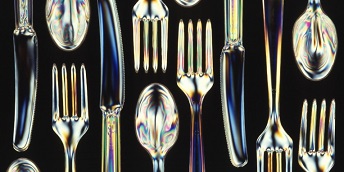Plastic chemicals bioplastic crude oil 02-10-2018 - Arhive
-Sinopec reduced October MEG prices in East China for CNY600 per tonne
China China Petroleum & Chemical Corp. (Sinopec), Asia’s largest oil refining company, lowered October selling prices for monoethylene glycol (MEG) in eastern China by 600 yuan (CNY) or USD87 per ton, a company source told ICIS on Friday.
Thus, from September 28, MEG company prices in the region are set at CNY7,500 or USD1,088.5 per tonne, the source said
Spot quotes on material in China declined last month. So, on September 27, they were in the range of CNY7 190-7 280 per ton against the level of CNY8 140-8 220 per ton on September 3.
The company operates four MEG plants with a total capacity of 1.84 million tons per year.
MEG is one of the main raw materials for the production of polyethylene terephthalate (PET)
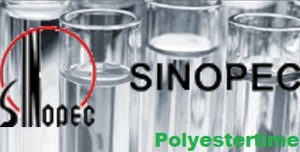
-Crude Oil Price Trend

-RadiciGroup : Transparent sustainability.
RadiciGroup presents its 2017 Sustainability Report. Energy consumption and emissions down, training and added value up: the hallmarks of a Group that looks ahead by operating transparently and inclusively.
Prepared according to the Global Reporting Initiative (GRI) Standards, the Report synthesizes numbers into graphics and tables that clearly and transparently show how the Group is committed to social and environmental sustainability “in the field” on a daily basis. RadiciGroup sustainability Global Reporting Initiative
The reference to “the field” is not by chance. As a matter of fact, the site of the Sustainability Report presentation was the Bortolotti Sports Centre in Zingonia, Bergamo, training headquarters of Atalanta B.C.
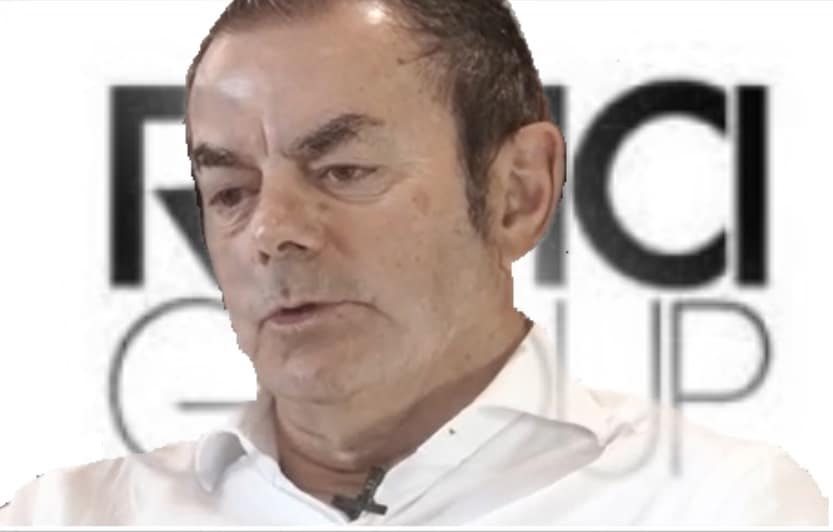
Mr. Angelo Radici : RadiciGroup’s Chairman
Furandicarboxylic Acid Market is analyzed by product types, applications and key market players for market size, share, sales (consumption), gross margin and revenue. The Furandicarboxylic Acid Market data from year 2013 to 2017 is primary basis of this research & the forecast period being 2018-2022. Market experts in the industry are the prime contributors of the accurate and reliable data present in this Furandicarboxylic Acid Market market report. The report gives review of Furandicarboxylic Acid Market Industry, including characterization, application, fabricating innovation, industry chain investigation and most recent market progression.
About Furandicarboxylic Acid Market
Furandicarboxylic acid (FDCA) is a furan derivative. It is a renewable organic compound that can be used as a substitute for many organic chemicals such as terephthalic acid, adipic acid, phthalic anhydride, and bisphenol A.
Industry analysts forecast the Global Furandicarboxylic Acid Market to grow at a CAGR of 28.05% during the period 2017-2022.
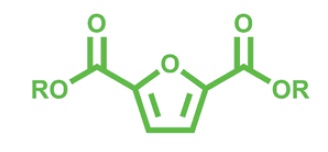
FDCA
-US October benzene contracts settle lower, tracking weaker spot prices
US October benzene contracts settled 13 cents/gal ($39/tonne) lower month on month at $2.85/gal free on board (FOB) US Gulf.
The market had anticipated a lower settlement as spot prices traded below the September settlement for most of the past month.
US benzene contract prices typically settle on the last working day of the prior month and are heavily influenced by movements in spot pricing.
Benzene spot prices were weighed down over the past several weeks by sufficient supply and slower demand.
Refinery operating rates remained high throughout September. Margins for selective toluene disproportionation (STDP) units, which convert toluene into benzene and a paraxylene (PX)-rich stream of xylenes, have been healthy. Both trends suggest higher benzene production.
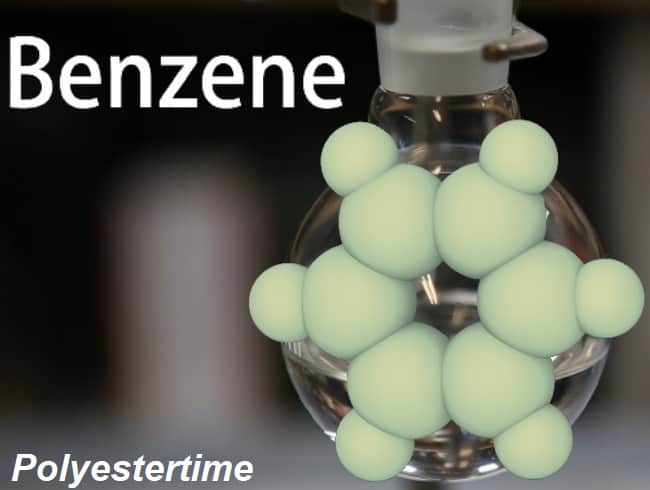
-Chinese autos gain ground in Argentina
Chinese-made automobiles are more frequently seen running on the streets of Argentina now, as more car makers come to the South American market.
This week, Anhui Jianghuai Automobile Co. Ltd., better known as JAC Motors, became the latest Chinese manufacturer to present its line of passenger and commercial vehicles for Argentine consumers.
Argentine importer Sideco showcased JAC-brand SUVs and pickups at Arenas Studios, the expansive movie-making venue in the La Boca district of Buenos Aires, capital of the country.
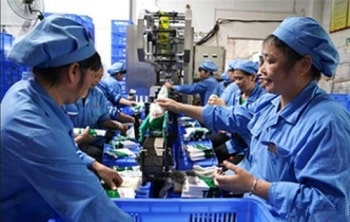
-Asia Faces a Devil’s Bargain over Us Sanctions on Iran’s Oil
Donald Trump’s re-imposition of sanctions on Tehran leaves oil importers with a stark choice: pay punishing prices on the open market, or buy cheaply from Iran and face the wrath of the United States
In just over a month, on November 5, the US government is due to re-impose sanctions on Iran’s exports of oil. As Iran’s biggest customer – buying roughly a third of its 2 million barrels a day of exports last year – China will be heavily affected by the US action. How Chinese oil buyers respond will have deep implications, not just for China itself, but for other economies across Asia and around the world.

In this feature, GPCA will elaborate the organization’s vision to make Petroleum’s Move Towards Sustainability and Circular Economy
Isn’t it amazing how an incubator can give a chance to a premature baby to become part of the family his parents have been dreaming of? Isn’t it encouraging to see how a dialysis machine can grant a grandfather with kidney failure the opportunity to meet his grandson?
If not for the people who exerted efforts to produce valuable materials out of mere petrochemicals, those miracles would have never materialized. Many discoveries have triumphed particularly in the field of medicine because of the world’s dependent on products that are consisted mainly of plastics. Without this, engineers and scientists could not possibly think of any alternative that would match the caliber of these products in the manufacturing industry.

-Wrangler adopts water-eliminating dyeing process
Wrangler has reached an agreement to manufacture a line of jeans launching in 2019 that will be dyed using new water-eliminating technology.
The VF Corp.-owned brand said it is the first brand to adopt the foam-dyeing process, which eliminates 99 percent of the water used in indigo dyeing.
“While we have been able to reduce 3 billion liters of water in product finishing during the past 10 years, we know that more needs to be done across the entire supply chain,” said Tom Waldron, Wrangler president. “Foam technology reduces water consumption and pollution further upstream, helping our fabric suppliers to dramatically minimize the impacts of making denim fabric blue.”
The foam-dyeing process was developed at Texas Tech University. Wrangler and the Walmart Foundation contributed seed money to the university to develop the technology.
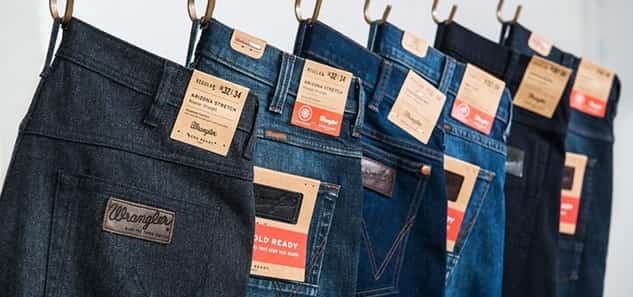
-Eurozone manufacturing hits two-year low as confidence plummets on trade war
Manufacturing sector growth in the eurozone was at its slowest rate in two years in September as global trade concerns push confidence down to a near three-year low, according to IHS Markit on Monday.
The purchasing managers’ index (PMI) rate for the eurozone dipped to 53.2 points during the month, the weakest since September 2016 and below August’s 54.6 points.

Royal DSM, a global science-based company in Nutrition, Health and Sustainable Living, has announced the strengthening of its leadership in sustainable, innovative resins & circular economy solutions with the successful expansion of its production capacity of its sustainable liquid polyester technology and other specialty resins, through the operational launch of a new state-of-the-art polyester production facility in Meppen, Germany.
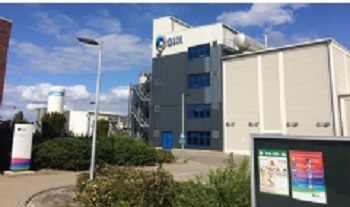
-New NAFTA draws cautious early praise from manufacturers
Washington — Manufacturing and business groups welcomed the Sept. 30 announcement that Canada will join Mexico and the United States in a revised North American Free Trade Agreement, although they cautioned they wanted to assess the full details.
Manufacturing groups, including plastics and chemicals trade associations, had been pushing for Canada to be included, after the U.S. and Mexico reached a tentative deal Aug. 27 but it had been unclear if Canada would join.

-India PE, PP markets on a seasonal lull ahead of Diwali
India’s polyolefin demand has been largely weak, with upside limited amid a seasonal market lull ahead of Diwali in November.
On 28 September, spot linear low density PE (LLDPE) film prices were assessed at $,1,060-1,070/tonne CFR (cost & freight) India, down $10-20/tonne from the previous week; while PP raffia were unchanged at $1,225-1,240/tonne CFR India, ICIS data showed.
Businesses are expected to slow down in parts of India from 9 October due to Navratri – a nine-night Hindu post-monsoon autumn festival; while on 6 November, India will celebrate Diwali or Festival of Lights, a major Hindu holiday.
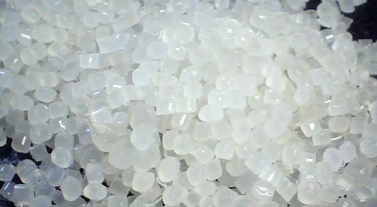
-Brent crude oil hits four-year high ahead of US sanctions against Iran
With oil prices soaring, there are concerns over their inflationary effect on demand growth, especially in Asia’s emerging markets where weakening currencies are further adding to high fuel import costs.
Brent crude oil prices hit their highest level since November 2014 on Monday ahead of U.S. sanctions against Iran that kick in next month. Brent crude oil futures LCOc1 were trading at $83.24 per barrel at 0228 GMT, up 51 cents, or 0.3 percent, their highest level since November 2014. US West Texas Intermediate (WTI) crude futures CLc1 were up 37 cents, or 0.5 percent, at $73.62 a barrel.
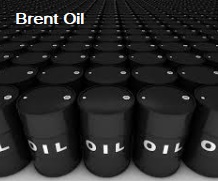
-Soaking Flowback With Surfactant Improves Oil Recovery in Unconventional Reservoirs
This paper evaluates the ability of different groups of surfactants to improve oil recovery in unconventional liquid reservoirs (ULRs) by experimentally simulating the fracture treatment to represent surfactant imbibition in a ULR core fracture during a soaking flowback. The effect of wettability and interfacial tension (IFT) alteration on the process also is analyzed.
The results show that the addition of surfactants to completion fluids and the use of a soaking-flowback production scheme could improve oil recovery by wettability alteration and IFT reduction, maximizing well performance after stimulation.
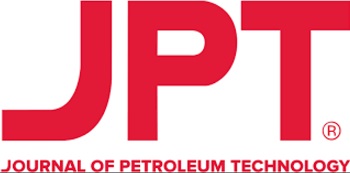
-Faurecia Completes Purchase of Parrot Faurecia
Faurecia today announced that it had completed the acquisition of 100% of Parrot Faurecia Automotive.
The deal follows the announcement of an agreement between Parrot and Faurecia on July 5 this year regarding Faurecia’s proposal to acquire 100% of Parrot Faurecia Automotive.
The transaction is based on an enterprise value of € 100 million, identical to that used when Faurecia entered into the capital of Parrot Automotive in 2017.

-The Difficult Truth About Sustainability and Bio-Plastics
As more cities and countries enact bans on single-use plastics such as straws and bags, the world is rushing to embrace bio-plastics.
Seattle is a standout example. The city’s ban on petroleum-based plastics came into force in July, prompting local firms to seek “bio-degradable” plastics, usually created out of polylactic acid (PLA), as an alternative.
But while these seemingly natural plastics do have benefits over conventional ones, they can create complex long-term problems if improperly utilized and cause more damage than their petrochemical counterparts.
